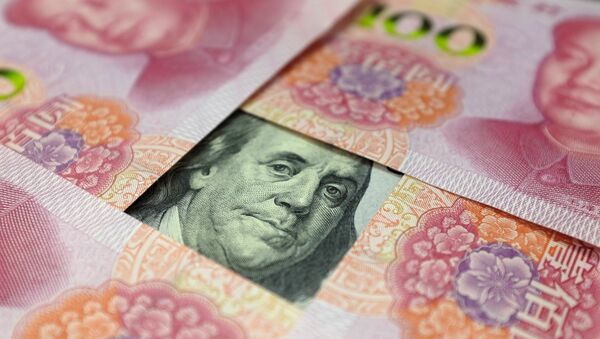Bloomberg confirmed that Chinese firms have purchased over $206.6 billion-worth of foreign assets in 2016, which is more than three times their total investment this time last year. It's also more than the $179.1 billion invested abroad by US investors this year.
"At first, China's foreign dealings were a way of providing the country with necessary raw materials, including those needed for the creation of a powerful steel industry, and a strong industrial base as a whole," the publication recalled. But in recent years, "the growing appetites of investors have shifted in focus toward the acquisition of well-known brands and companies in high-tech industries."
This, Expert noted, "directly reflects an exit from the export model of growth and reorientation of the economy to rely to a greater extend on domestic demand."
The publication explained that the balance between state and private investors has gradually shifted. Until 2013, China's foreign investment was more than 50% dominated by state companies, whose priority was the purchase of energy and natural resources producers.
"But with the appearance of private players, new kinds of transactions started to appear, like the purchase of the Milan football club for $821 million, or Legendary Entertainment film studio, which sold for $3.5 billion. State corporations, in turn, have shown a growing interest in the production of [electronics] and agricultural technologies."
Bloomberg explained that Chinese investment abroad will continue to grow, absent the propping up of artificial barriers.
Earlier this month, Reuters reported that the US Committee on Foreign Investment, wary of China's 'aggressive' investment policy, blocked a number of transactions involving Chinese companies, citing national security threats. Bloomberg also recalled US lawmakers' recent calls for enhanced scrutiny of Chinese influence in Hollywood, following Chinese property mogul Wang Jianlin's purchases of US entertainment companies.
According to Expert, China's markets too have demonstrated signs of growing concern over the devaluation of the yuan, as well as state restrictions on the size of foreign investment, which have made overseas acquisitions more expensive and time consuming.


